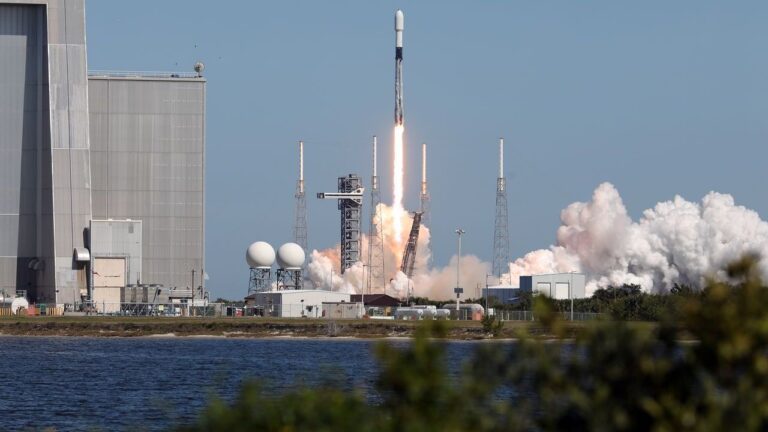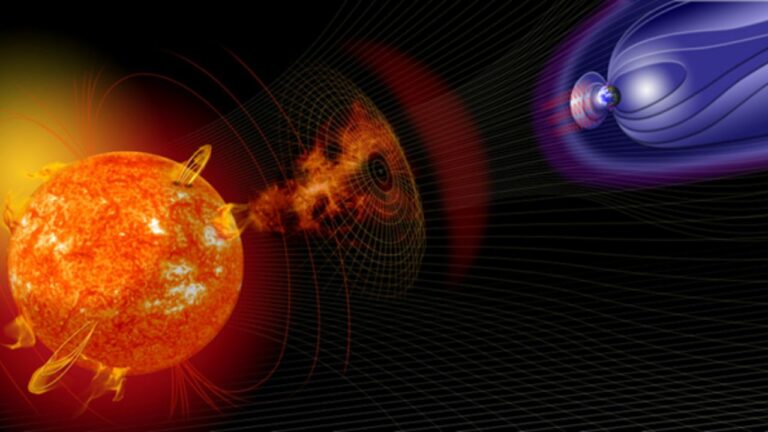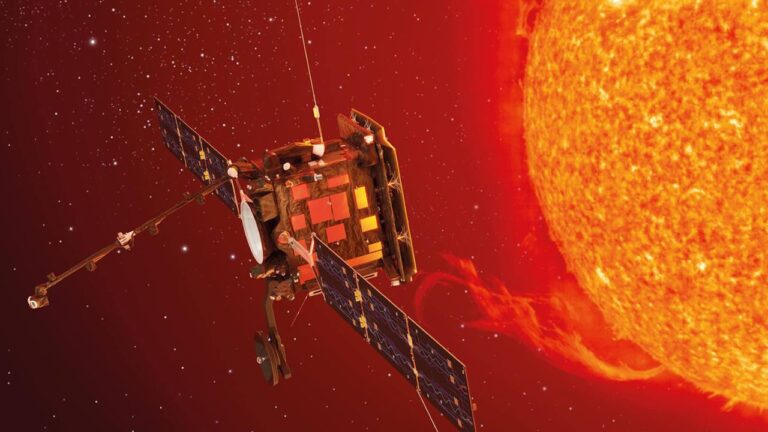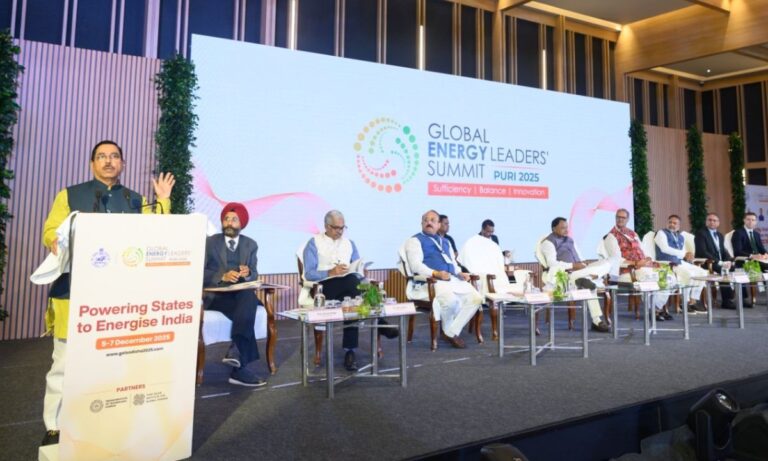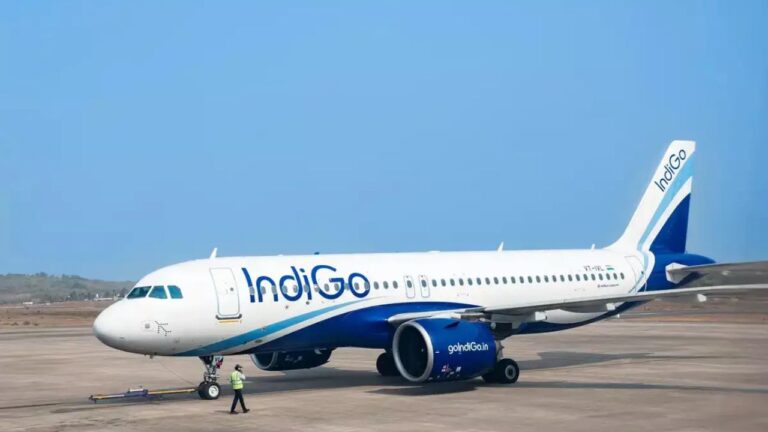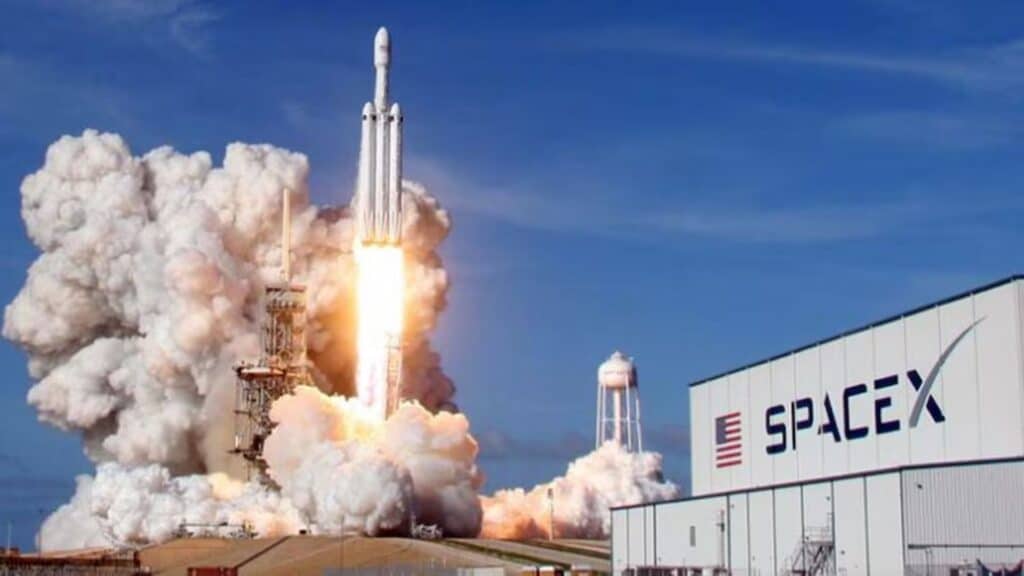
In a bid to mitigate financial burdens faced by international satellite operators, German launch services provider Exolaunch is stepping in to help customers recover steep U.S. tariffs incurred when deploying spacecraft via SpaceX rideshare missions.
The initiative comes in response to tariffs imposed under former U.S. President Donald Trump’s administration, which introduced a 10% duty on most imports effective April 2. Certain imports, however, face significantly higher rates or additional restrictions. These tariffs have proven particularly challenging for emerging companies in the space sector, many of which operate on limited budgets and are sensitive to unexpected costs.
One such company is Galaxia, a Canadian satellite startup preparing to launch its first spacecraft aboard SpaceX’s upcoming Transporter-14 mission this June. Galaxia CEO Arad Gharagozli revealed that the company was unexpectedly hit with a 25% tariff when shipping the satellite to California, threatening to derail the mission.
“At one point, we seriously considered canceling the launch and finding an alternative provider,” Gharagozli said. “But the tight timeline and potential consequences made that unrealistic, so we absorbed the cost and proceeded.”
To help alleviate this strain, Exolaunch is managing tariff recovery efforts for Galaxia and other customers through the U.S. Customs and Border Protection’s (CBP) Duty Drawback program. This initiative allows companies to reclaim up to 99% of duties paid on goods that are eventually exported or re-exported, including satellites launched into space.
“It’s neither fast nor simple, but the potential reimbursements make it worthwhile for our customers,” explained Jeanne Allarie, Exolaunch’s chief marketing officer.
Still, the lack of accessible information about the Duty Drawback process has created further challenges for startups like Galaxia. Gharagozli described a frantic effort to cover the unexpected cost, which he says imposed a major burden on the fledgling venture. Financial details were not disclosed, though the Canadian Space Agency previously awarded the company 1.7 million Canadian dollars ($1.2 million) to develop its Earth observation satellite, Möbius.
Historically, foreign satellites launched from the U.S. were exempt from import duties under the Harmonized Tariff Schedule of the United States (HTSUS). However, the new tariff regime has removed these exemptions, impacting launches facilitated by providers such as SpaceX, Blue Origin, and United Launch Alliance.
Not all international operators are equally affected. Rocket Lab, despite being U.S.-based, avoids these tariffs on launches from its New Zealand site, provided the satellite does not transit through U.S. territory. However, the same exemptions do not apply for its U.S. launch site in Virginia.
Meanwhile, larger firms such as Canada’s MDA Space appear better positioned to navigate the new trade landscape. The company recently indicated that its exports, including full satellite systems, likely qualify for duty-free treatment under the United States–Mexico–Canada Agreement (USMCA), allowing it to bypass the tariffs altogether. MDA Space is currently producing satellites for U.S.-based operator Globalstar but has not disclosed further details.
As smaller space companies work to establish themselves amid shifting trade rules, efforts like those from Exolaunch may prove vital in keeping international access to U.S. launch services economically viable.
